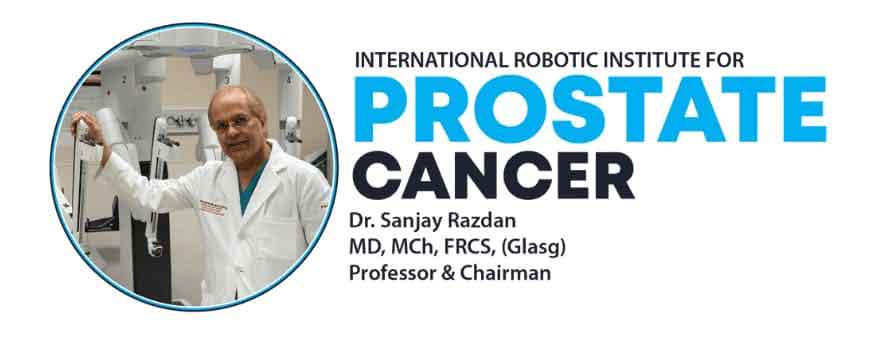Men with localized prostate cancer are typically treated with either surgery or radiation. While generally successful in eradicating disease, some men will not be cured of prostate cancer with this initial treatment. Therefore, some patients can benefit from salvage therapy, or treatment of residual or recurrent cancer.
If the recurrence (or residual disease) is in a distant metastatic site, drug therapy (also known as systemic therapy) is necessary so that all sites of spread throughout the body are targeted. If the cancer recurs in the area of the prostate (the prostatic fossa), then salvage local therapy may be indicated. This means that a patient who had surgery may benefit from radiation to destroy residual cancer cells. Conversely, if initial radiation treatment did not eradicate all of the cancer in the prostate, that patient may need surgery to remove the prostate and the residual cancer. This is known as a salvage prostatectomy.
Prostate cancer remains a common diagnosis and cause of death for men in the US that will affect more than one in ten men at some point in their lives. At presentation, some men will have locally advanced or metastatic disease. Of those men with localized disease who elect treatment with curative intent, including radical prostatectomy, radiation therapy (RT), or novel local therapies, approximately one third will suffer recurrence of their disease. Salvage treatment can potentially lead to long-term cure in certain properly selected patients. Patients should be evaluated for possible salvage radical prostatectomy (SRP) with estimation of life expectancy and evaluation for distant disease via a variety of advanced imaging options including CT, bone scan, and/or MRI.
Salvage Prostatectomy after Radiation
Up to 50% of patients treated with primary radiation therapy (external beam radiation or brachytherapy) for prostate cancer can have a biochemical recurrence (an increase in PSA) within 10 years. If a man experiences a recurrence of prostate cancer limited to the prostate, then he may be a candidate for a salvage prostatectomy.
- Salvage prostatectomy can be performed via an open or robotic (or laparoscopic) approach, in which the prostate, the adjoining seminal vesicles, and the surrounding lymph nodes are removed,
- Because of scarring from the radiation, salvage prostatectomy is more difficult than primary (initial or de novo) prostate surgery. Consequently, side effects from treatment are more common. These primarily involve bladder and sexual dysfunction.
- Every attempt is made to spare the nerves that enable sexual function, although this is more challenging during a salvage prostatectomy than primary prostatectomy.
Once patients are diagnosed with a local disease recurrence confirmed via prostate biopsy, salvage therapies including SRP may be offered. Patients should be referred to surgeons with adequate experience performing SRP and counseling should include discussions about surgical approach and oncologic outcomes as well as functional outcomes. Salvage prostatectomy is associated with a significant impact on quality of life including incontinence and erectile dysfunction. Complications include anastomotic strictures, urine leaks, fistulas, and rectal injury.
Salvage Prostatectomy after HIFU (High Intensity Frequency Ultrasound)
When a patient experiences a biochemical recurrence after HIFU, surgery and radiotherapy become the main options for salvage therapy. While significantly more challenging that in the primary setting, salvage prostatectomy is still possible for ex-HIFU patients, although the operation should be performed by an experienced surgeon because of the greater technical difficulty due to scarring around the prostate. Indeed, because the tissue destruction caused by HIFU is so localized, salvage prostatectomy is in general easier than after radiotherapy (including external beam radiotherapy and brachytherapy) – both of which cause significantly more scarring around the prostate. My results show that this easier dissection appears to translate into a much lower complication rate and much better functional results (i.e. for continence and potency) than after salvage surgery following failed radiotherapy. If your HIFU treatment has failed – do not give up hope – surgery may still offer a permanent cure for you with very good functional results!
Dr. Razdan also performs Salvage Prostatectomy after HIFU and has a vast experience in post HIFU and post Cryo-ablation Salvage Prostatectomies.
If you have been diagnosed with prostate cancer, do not hesitate and contact Dr. Razdan today for an immediate appointment.






